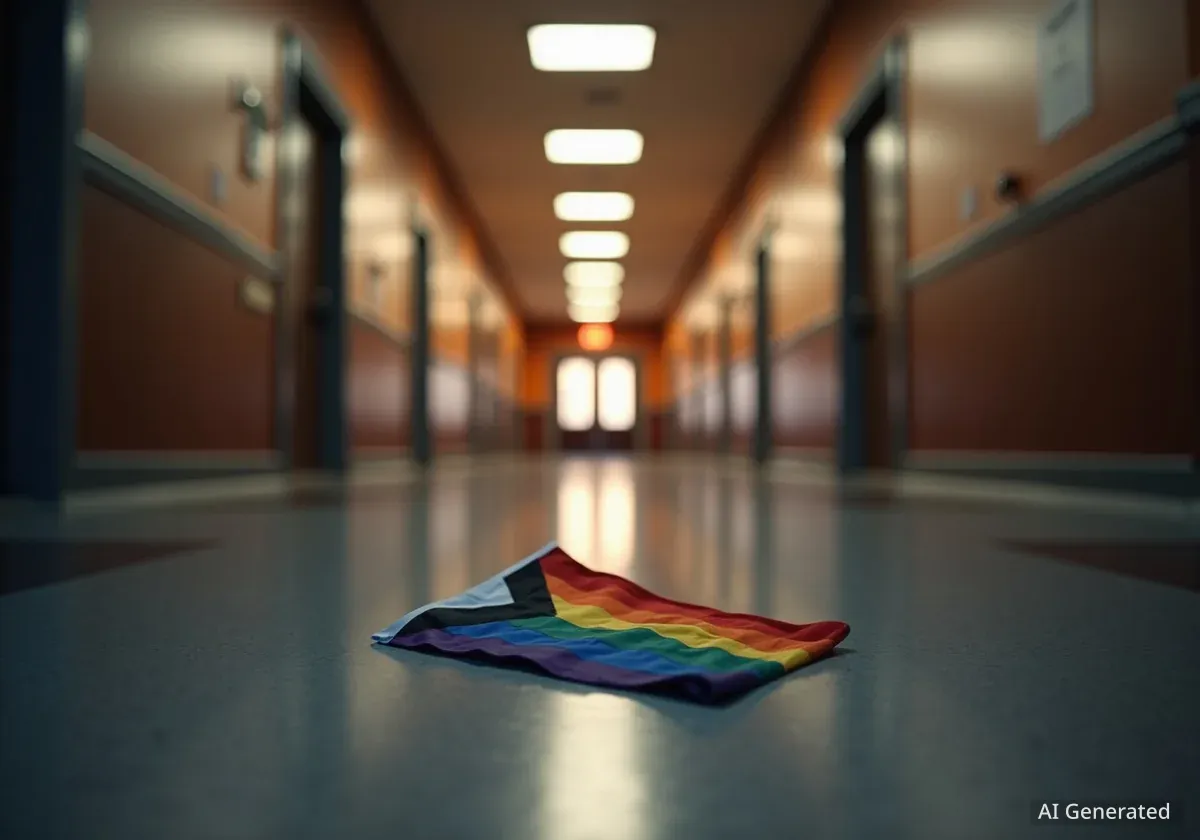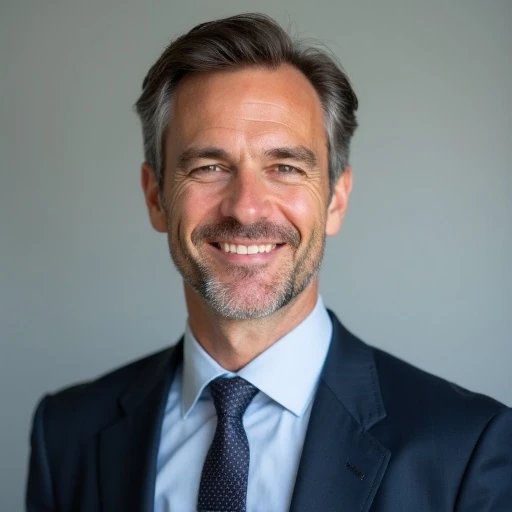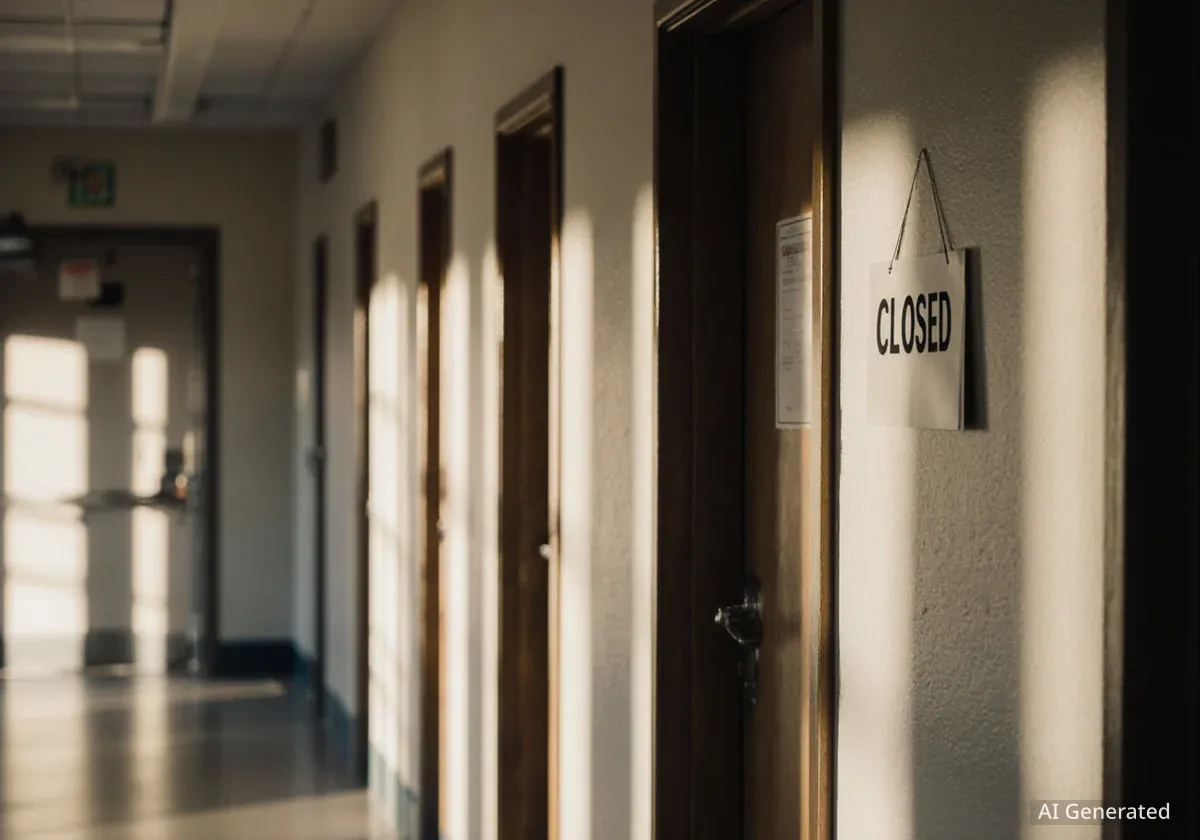A director at the University of Denver has resigned following the institution's decision to dismantle several diversity, equity, and inclusion (DEI) programs, including dedicated spaces for LGBTQ and BIPOC students. The changes were made in response to federal guidance issued by the Department of Justice during the Trump administration, which raised concerns about potential discrimination.
Eric Duran, who served as the director for gender and sexuality student success, announced his departure in October after his role was restructured and the university closed its Pride Lounge. The move has sparked a debate on campus about the balance between institutional compliance and support for marginalized student communities.
Key Takeaways
- Eric Duran, a director at the University of Denver, resigned in protest of changes to DEI initiatives.
- The university closed its Pride Lounge and other dedicated spaces for specific student identity groups.
- These actions were a response to a Department of Justice memo suggesting such programs could be unlawfully discriminatory.
- The university has renamed its DEI division and restructured staff roles, including Duran's former position.
- Chancellor Jeremy Haefner stated the university remains committed to inclusiveness despite the changes.
University Restructures Diversity Programs
In August, University of Denver (DU) Chancellor Jeremy Haefner announced a series of significant changes to the university's approach to diversity and inclusion. The administration decided to eliminate DEI training for staff, end scholarships aimed at specific racial groups, and close dedicated facilities like the Pride Lounge and a similar space for BIPOC (Black, Indigenous, and People of Color) students.
These decisions followed a July memo from the Department of Justice which argued that certain DEI programs could constitute unlawful discrimination. The guidance specifically mentioned so-called "safe spaces" as potentially discriminatory.
Chancellor Haefner explained the university's position in a statement, emphasizing the need to balance institutional values with the risk of losing federal funding.
"We do understand the risk to federal financial aid funding, we do understand the risk to our research as well, and we're balancing what that means for the university while still keeping true to our values," Haefner stated in August.
At the time of the decision, the university had not been directly contacted by the federal government or faced a loss of funding. However, the administration cited actions taken against other institutions, such as Columbia and Harvard, as a reason for its proactive changes.
A Director's Departure
Eric Duran, who had been in his role since January 2023, found the university's new direction untenable. His department was moved from Student Affairs to the Division of Diversity, Equity and Inclusion, which was subsequently renamed the Division of Community Support and Engagement.
His job title was slated to change to director of community connections, with a completely different set of responsibilities. "We had to completely start over and build something that wasn't what we were charged to do initially," Duran explained.
The closure of the Pride Lounge was a critical factor in his decision. Though small, the space provided a vital hub for LGBTQ students to gather, study, and find community. Duran felt the removal of such spaces signaled a withdrawal of institutional support for vulnerable students.
The Role of Dedicated Spaces on Campus
Spaces like pride centers and cultural lounges have become common on university campuses over the past few decades. Proponents argue they are essential for fostering a sense of belonging and safety for students from marginalized backgrounds, which can improve retention and academic success. Critics, however, sometimes argue these spaces can lead to self-segregation and may not align with principles of universal inclusion.
"It's heartbreaking," Duran said after leaving his post and moving back to his family's home in Texas. "We were doing something great, and we could have done so much greater things at the university."
He officially made the decision to leave in August but stayed until October to help students navigate the transition. "I think the institutional backing for kind of marginalized or often ignored students wasn't there," he concluded.
Impact on the Student Community
The changes have left some students feeling uncertain. The Pride Lounge, while physically small—comfortably fitting only four to six people—represented a significant symbol of acceptance and safety for the LGBTQ community at DU.
Duran worked closely with student groups, including the Queer Student Alliance, and the closure of the lounge removes a central point for their activities and informal support networks. The primary functions of these spaces often include:
- Providing a safe place for students to socialize.
- Offering access to resources and information.
- Serving as a hub for student organization meetings.
- Fostering a sense of community and belonging.
The loss of these dedicated areas raises questions about how the university will continue to support these student populations. Duran expressed his hope that students can still find ways to feel welcome and safe on campus, even without designated physical locations.
The University's Stance and the Path Forward
The University of Denver administration maintains that its commitment to inclusion has not wavered. In a statement, Chancellor Haefner reiterated the university's dedication to its core values.
"The university remains steadfastly committed to our values, including our commitment to inclusiveness," he said. The administration frames the changes as a necessary adjustment to federal guidelines to protect the university's funding and research grants, which are vital to its operation.
However, the proactive nature of DU's response has drawn criticism. Duran pointed out that other universities are choosing to maintain their diversity centers and programs, taking a different stance against the federal pressure.
"I am disappointed to see DU kind of fall further back than other universities who are taking a stand, who are continuing with their pride centers, with their support for diverse students on campus," Duran stated.
He stressed the importance of these physical spaces for students who may be away from home for the first time. "Having a space on campus for them that does feel like their first home is so important for them," he added.
As the university moves forward with its newly structured Division of Community Support and Engagement, the campus community will be watching closely to see how its redefined commitment to inclusiveness translates into tangible support for all its students.





